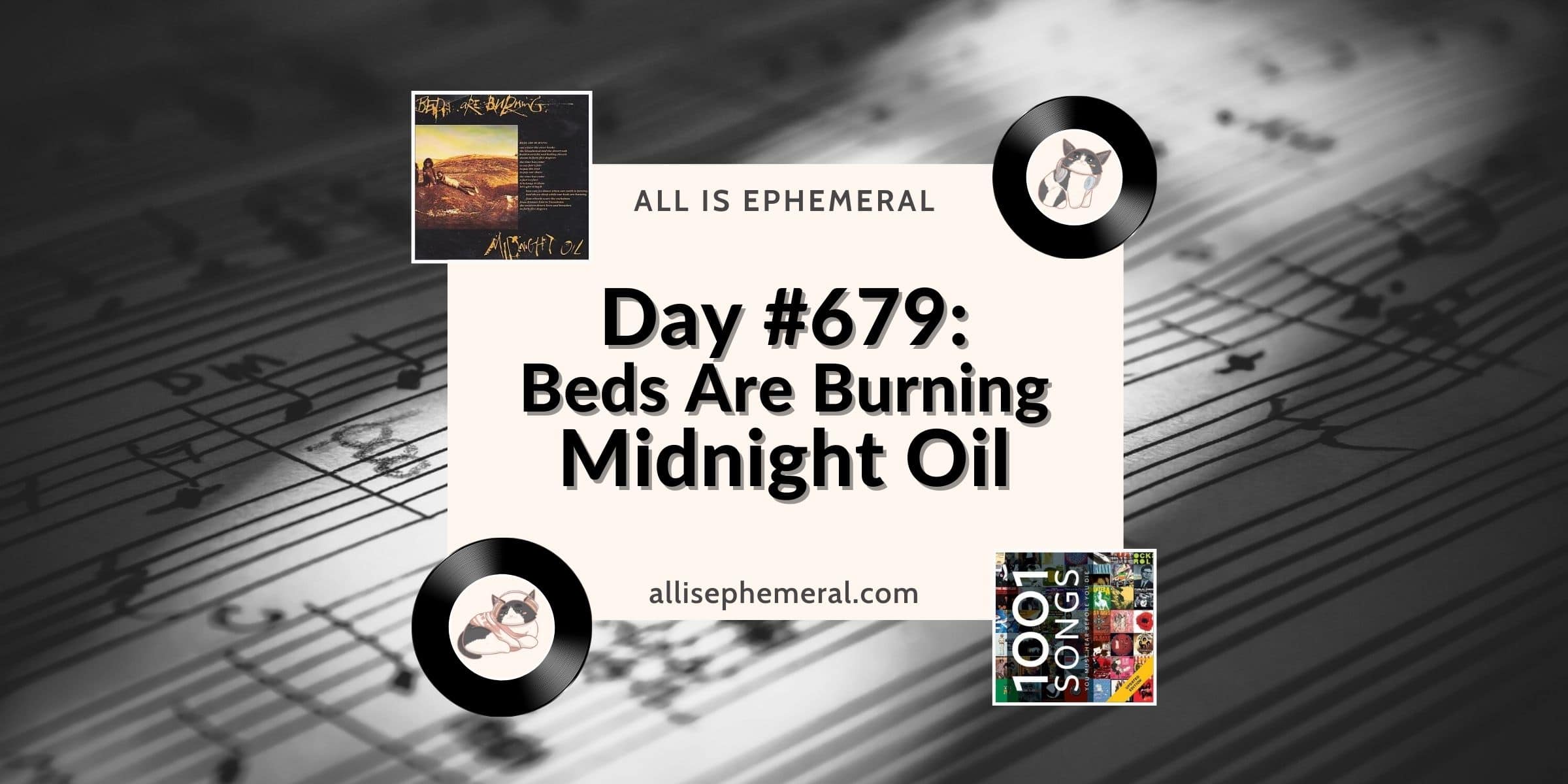
1001 Songs Challenge #680: Yé ké yé ké (1987)
 On 11 February 2019 I set myself the challenge of reading 1001 Songs You Must Hear Before You Die by Robert Dimery (ed.) and following the book’s advice to the letter. I’ve previously read 1001 Films… and started 1001 Albums… but felt 1001 Songs… would be a sensible place to start for what I have in mind here.
On 11 February 2019 I set myself the challenge of reading 1001 Songs You Must Hear Before You Die by Robert Dimery (ed.) and following the book’s advice to the letter. I’ve previously read 1001 Films… and started 1001 Albums… but felt 1001 Songs… would be a sensible place to start for what I have in mind here.
My challenge is to read about one song per day and listen to it (YouTube and Spotify, I need you tonight!) before sharing my own thoughts. Some songs I will love, others I’ll hate, and I’m sure there will be those that leave me perplexed but listen to them I shall.
I’ll also try, and most likely fail, to pinpoint the best song from the 1001 on offer but I’m nothing if not foolhardy. Instead of one song, I’m predicting I’ll have about 100 favourites by the end and may have to resort to a Top 10 so far to maintain any semblance of sanity.
of one song, I’m predicting I’ll have about 100 favourites by the end and may have to resort to a Top 10 so far to maintain any semblance of sanity.
So long as I post every day (including Christmas) then this challenge should come to an end on Wednesday 8 November 2021. Staying with the Barney Stinson theme I am hoping that the whole experience will prove to be… legendary!
Mory Kanté – Yé ké yé ké (1987)
Yé ké yé ké
” Yé ké yé ké” is a song by Guinean recording artist Mory Kanté. It was released in 1987 as a single from his third studio album Akwaba Beach. The song became an international hit, it was one of Africa’s best-ever selling hits as well as being a European number one in 1988, making it the first ever African single to sell over one million copies.
We’re leaving Australia behind today, dear reader, and making our way to Guinea in West Africa. Mory Kanté began his career in 1971 and was both a vocalist and kora harp player. It is 1987 and Kanté has released his third album, Akwaba Beach. 1001 Songs have delved deep into Kanté’s music and have lifted the track Yé ké yé ké.
Yé ké yé ké is performed in Mandinka, a language spoken by the Mandkina people in Senegal, Gambia and Guinea. It numbers less than 2 million native speakers but this is the language that Kanté opted for with Yé ké yé ké. In terms of translation, it has been hard to come by but from what I have read is it’s based on a Guinea love song and the title itself refers to a sound made by Guinean women as they dance the night away. This is one of those songs which you can appreciate and enjoy without fully understanding the meaning of the words racing through your ears.
less than 2 million native speakers but this is the language that Kanté opted for with Yé ké yé ké. In terms of translation, it has been hard to come by but from what I have read is it’s based on a Guinea love song and the title itself refers to a sound made by Guinean women as they dance the night away. This is one of those songs which you can appreciate and enjoy without fully understanding the meaning of the words racing through your ears.
I wasn’t familiar with Mory Kanté or Yé ké yé ké prior to this challenge but this was an enjoyable piece all the same. The song would prove popular beyond African shores and even top the charts in some European countries. Kanté continued to perform for the remainder of his life but in 2020 he was struggling with chronic illness and had relied on visits to hospitals in France for treatment. The onset of the coronavirus made travel unsafe and he died in May 2020 at the age of 70.
Favourite songs so far:
The Animals – House of the Rising Sun (1964)
Simon & Garfunkel – The Sounds of Silence (1965)
The Beatles – A Day in the Life (1967)
Pink Floyd – Wish You Were Here (1975)
Meat Loaf – Bat Out of Hell (1977)
Queen – Don’t Stop Me Now (1978)





